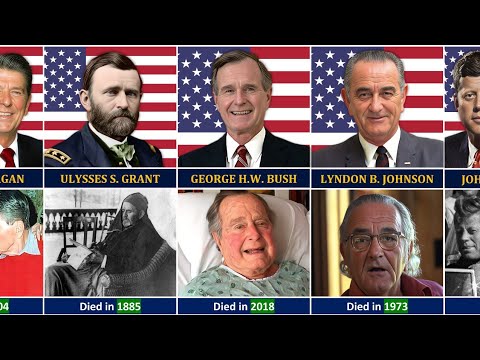In an unprecedented clash of ideologies and leadership styles, President Joe Biden and Russian President Vladimir Putin are at the center of an escalating geopolitical showdown that could redefine global power dynamics. As tensions flare, both leaders are engaged in a high-stakes game of diplomacy, with military posturing and strategic alliances hanging in the balance.
 Recent developments have seen Biden rallying allies in Europe to counteract Putin’s aggressive maneuvers in Eastern Europe, particularly regarding Ukraine. The U.S. is reportedly considering new sanctions aimed at crippling the Russian economy, while NATO forces have been placed on heightened alert, signaling a readiness to respond to any further provocations from Moscow.
Recent developments have seen Biden rallying allies in Europe to counteract Putin’s aggressive maneuvers in Eastern Europe, particularly regarding Ukraine. The U.S. is reportedly considering new sanctions aimed at crippling the Russian economy, while NATO forces have been placed on heightened alert, signaling a readiness to respond to any further provocations from Moscow.
Meanwhile, Putin’s rhetoric has grown increasingly defiant, dismissing Western concerns as attempts to undermine Russia’s sovereignty. His recent military exercises near the Ukrainian border have raised alarms, prompting urgent calls for a unified response from Western nations. Analysts warn that any miscalculation could lead to a direct military confrontation, a scenario that has not been seen since the Cold War.
In this volatile environment, Biden’s leadership is being tested like never before. His administration is faced with the daunting task of balancing diplomacy and deterrence, all while maintaining domestic support for foreign policy initiatives. As the world watches closely, the stakes are higher than ever, with the potential for conflict looming ominously over Europe.
With both leaders locked in a battle of wills, the coming days are critical. Will Biden’s strategy of coalition-building and economic pressure succeed in curbing Putin’s ambitions, or will the Russian president’s aggressive stance escalate into a full-blown crisis? The clock is ticking, and the world is on edge, awaiting the next move in this dangerous game of power.

